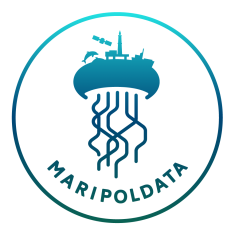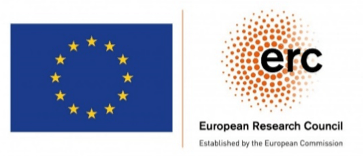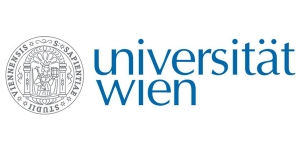Zooming in on BBNJ agreement-making with the MARIPOLDATAbase: a new resource for researching marine biodiversity negotiations
Written by Arne Langlet & Alice Vadrot
As nations convene in New York for the inaugural BBNJ (Biodiversity Beyond national Jurisdiction) PrepCom, it is crucial to reflect on the negotiations that led to the BBNJ agreement, which spanned from 2018 to the adoption of the final text in 2023. Understanding the diverse interests, alliances, and preferences of various state and non-state actors is more relevant now than ever. To inform those discussion, the ERC-funded MARIPOLDATA project led by Professor Alice Vadrot, has developed the MARIPOLDATAbase, which catalogs Collaborative Event Ethnography (CEE) observations spanning the entire BBNJ negotiations from 2018 to 2023. It provides comprehensive primary data on actors, alliances, statements, treaty text, positions, networks, concepts, and meeting formats. By offering unprecedented access to these negotiations, the MARIPOLDATAbase supports researchers to empirically engage with the BBNJ negotiations and marine biodiversity governance more broadly.
This blog post is part of a series of blogposts showcasing the potential uses of the MARIPOLDATAbase for teaching and research.
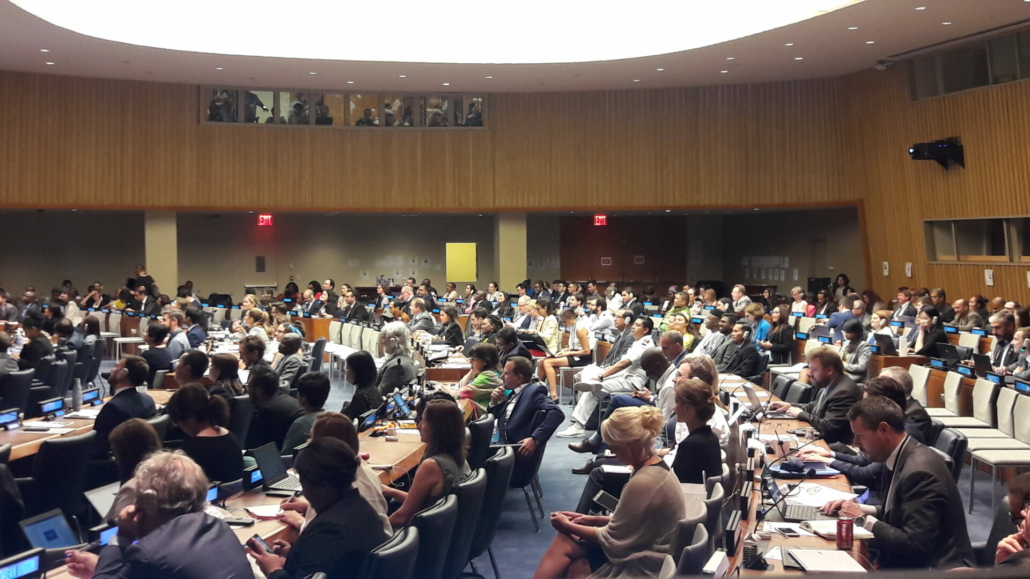
Intergovernmental conference (2019), Foto: Arne Langlet & Ina Tessnow-von Wysocki
On Monday, April 14, 2025, representatives from various states will gather in New York for the inaugural session of the BBNJ Preparatory Commission. This meeting aims to lay the groundwork for the entry into force and implementation of the BBNJ Agreement (see HSA Briefing, 2025) So far 21 states have ratified, but 60 ratifications are needed to make the Agreement enter into force (see Vadrot, 2024). The primary goal of this gathering is to facilitate the organization of the first Conference of the Parties (CoP) to the Agreement by developing the rules of procedure for the CoP, arrangements for the functioning of the secretariat (including its seat), the Instrument’s financial rules (including the role of the GEF) and the clearing-house mechanism.
The team of the ERC Project MARIPOLDATA, has carefully observed, researched, and systematically studied the negotiations, amassing observational data throughout the entire negotiation process. In order to make our findings accessible to researchers and practitioners (e.g., diplomats, NGO representatives) alike, we have created and published the MARIPOLDATAbase, which now features a comprehensive compilation of the negotiations, tracking them from the first statement at the initial Intergovernmental Conference (IGC) in September 2018 to the final statement made during the adoption IGC in June 2023.(Vadrot et al. 2024, Langlet et al., 2024)
The MARIPOLDATAbase catalogs 43.341 observations on approximately 23.635 statements taken from six different researchers on 108 days across five years of negotiations. The objective of the MARIPOLDATAbase is to serve as a strong resource for research, education, and policy formulation, establish a new benchmark for the processing and publication of negotiation data, and enhance the overall transparency of international environmental negotiations and the political science research thereof. With this work, we propose a methodological shift in the examination of global environmental negotiations, reflecting recent efforts to enhance ethical standards (Hughes and Vadrot, 2023, Hughes et al., 2021) improve data quality, address political implications, and encourage critical reflection on the future of global environmental meetings and their significance in global environmental politics (GEP) research (Vadrot et al. 2024 in Global Environmental Politics).
A resource for diverse research approaches
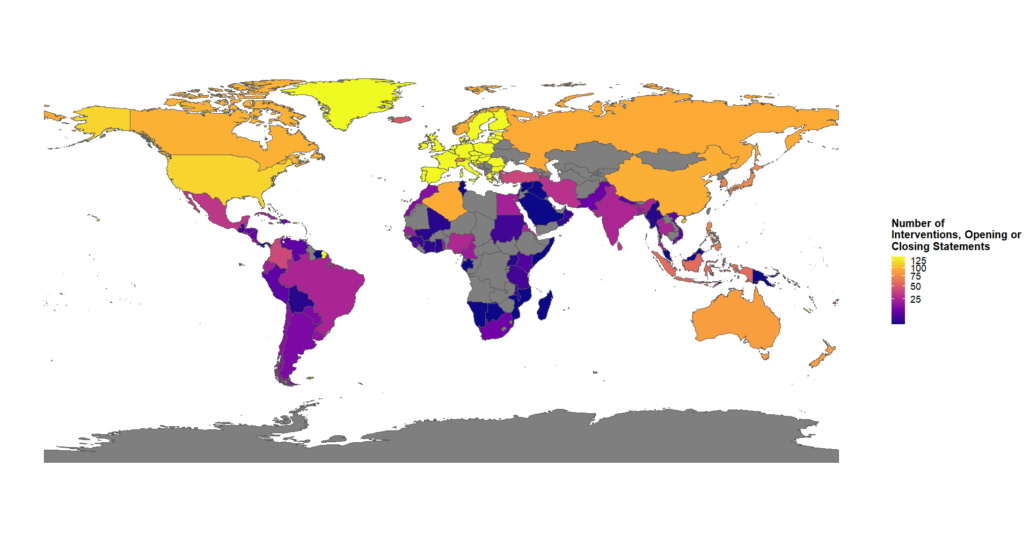
from “Zooming In on Agreement-Making: Tracing the BBNJ Negotiations with the MARIPOLDATAbase” in Global Environmental Politics. 24 (4): 152–178.
The MARIPOLDATAbase aims to set a standard for as a resource for collective and interdisciplinary research. Because of its systematic, yet sufficiently open data collection method, it facilitates a great variety of research methods and approaches and has already proven its value for a series of MARIPOLDATA publications such as:
- Vadrot, Alice et al (2024). Zooming In on Agreement-Making: Tracing the BBNJ Negotiations with the MARIPOLDATAbase. Global Environmental Politics, 24 (4): 152–178.
- Tessnow-von Wysocki, I., Vadrot, Alice B.M. (2024). Pathways of scientific input into intergovernmental negotiations: a new agreement on marine biodiversity. Environ. Agreements. 24
- Langlet, Arne and Vadrot, Alice B.M. (2024). Expert Authority Politics in the Marine Biodiversity Complex. Global Environmental Politics, 1–24
- Langlet, Arne and Vadrot, Alice B.M. (2023). Negotiating regime complexity: Following a regime complex in the making. Review of International Studies,1-21
- Langlet, Arne and Vadrot, Alice B.M. (2023). Not ‘underming’ who? Unpacking the emerging BBNJ regime complex. Marine Policy147: 105372
- Langlet, A., Wanneau, K., Dunshirn, P., Ruiz Rodríguez, S., Tessnow-von Wysocki, I. & B.M.Vadrot, A. (2022). A matter of time: the impacts of Covid-19 on marine biodiversity negotiations.Négociations, 37, 39-65.
- Vadrot, Alice B.M.Ruiz-Rodríguez, Silvia C.. Brogat, Emmanuelle. Dunshirn, Paul. Langlet, Arne. Tessnow-von Wysocki, Ina and Wanneau, Krystel. (2022). Towards a reflexive, policy-relevant and engaged ocean science for the UN decade: A social science research agenda. Earth System Governance14: 100150
- Vadrot, Alice B.M., Ruiz-Rodríguez, Silvia C. (2022). Digital Multilateralism in Practice: Extending Critical Policy Ethnography to Digital NegotiationInternational Studies Quarterly 66(3)
- Tessnow-von Wysocki, Ina and Vadrot, Alice B.M. (2022). Governing a Divided Ocean: The Transformative Power of Ecological Connectivity in the BBNJ negotiations.Politics and Governance 10(3)
- Vadrot, Alice B.M. Langlet, Arne. Tessnow-von Wysocki, Ina. (2022).Who owns marine biodiversity? Contesting the world order through the `common heritage of humankind´ principle. Environmental Politics 31(2): 226-250
- Vadrot, Alice B.M. Langlet, Arne. Tessnow-von Wysocki, Ina. Tolochko, Petro. Brogat, Emmanuelle. and Ruiz-Rodríguez, Silvia C. (2021). Marine Biodiversity Negotiations During COVID-19: A New Role for Digital Diplomacy?. Global Environmental Politics 21(3): 169–186
A resource for teaching and learning
It also aims to become a key resource for teaching and student work and different students at the University of Vienna have used it to pursue new research avenues and write master theses such as Lucas Steger & Timon Steger’s research how country positions’ towards monetary benefit sharing from marine genetic resources have changed throughout the negotiations. New blogposts written by student’s on how they used the MARIPOLDATAbase will be published in the upcoming weeks. Further, the MARIPOLDATAbase could be used to underpin mock negotiations such as Model UN that universities and or diplomatic training institutions organize.
A push towards streamlining policy-development
International environmental agreements often suffer from inconsistent implementation due to a lack of coherence in state positions across various environmental treaties, instruments, and negotiation fora. States frequently present conflicting or inconsistent stances, largely because their internal governmental entities (e.g., ministries) pursue disparate policy interests. This dissonance can undermine the effectiveness of international environmental governance and reduce accountability in intergovernmental negotiations. We hope that our MARIPOLDATAbase can thus also be a first step towards increasing coherence when states formulate their policies for international environmental negotiations and contribute towards increasing the accountability. Policymakers and negotiators can use this database to derive insights and get an understanding of the negotiation process and the history of different state positions without needing to have participated in the meeting.
A new standard for negotiation data processing and publication
It was constructed by joining, organizing, cleaning, streamlining and storing data that the contributing researchers had collected using a systematic and standardized data-collection excel sheet. All data curation was conducted and written in R programming language and all the code underlying the database and its individual variables can be accessed and downloaded via Github (https://github.com/ArneLanglet/MARIPOLDATAbase), in this way ensuring that all data organization and curation steps are transparent and openly accessible. In this way, the database also aims to set a standard for primary data on international negotiations, making this type of data increasingly FAIR (Findable, Accessible, Interoperable and Reproducible).
A step towards increasing transparency
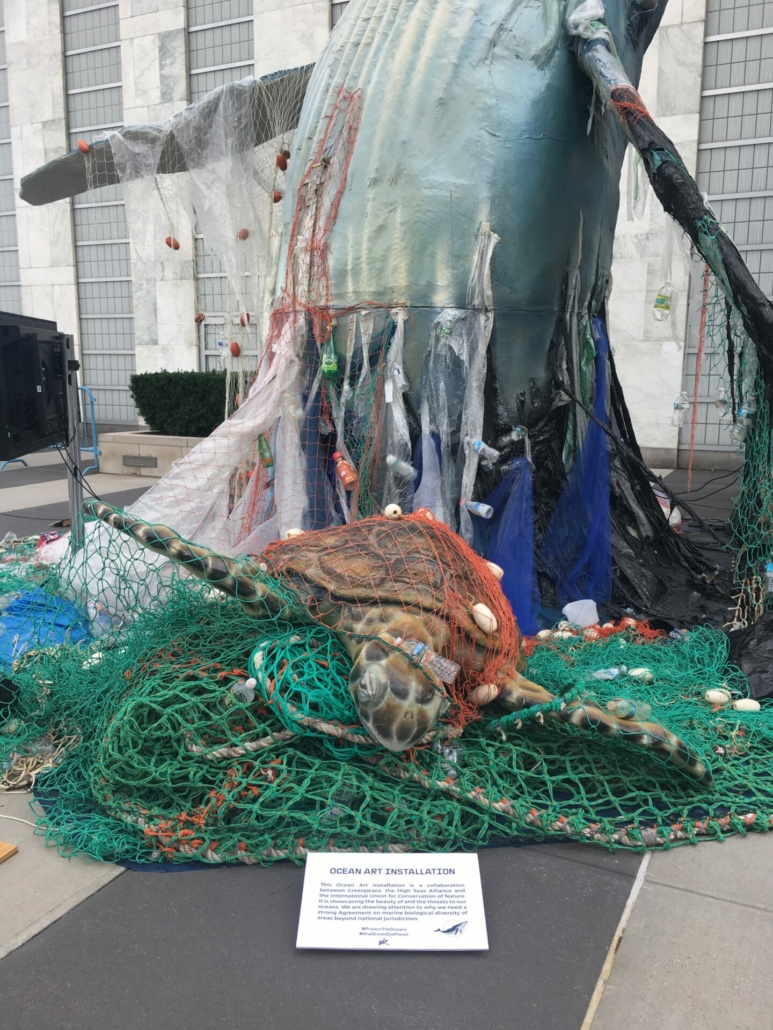
Ocean art installation, 2019, Foto: Arne Langlet & Ina Tessnow-von Wysocki
Finally, we hope that this database helps to democratize access to negotiation data, allowing researchers, and the general interested public – particularly from regions and backgrounds with less access to UN negotiations – to use and research primary empirical data. There is an increasingly general interest in environmental negotiations, but researchers may struggle or lack the resources to attend UN meetings in person and this database aims to provide a certain level of access to data from negotiations.
In the upcoming weeks, we will publish a series of blogposts showcasing different research avenues and approaches to analyze and use the MARIPOLDATAbase, while providing and explaining the code how to do so.
BBNJ related research at University of Vienna in the future
The MARIPOLDATAbase is a product of the now-finalized MARIPOLDATA project (2018-2024). But just as BBNJ continues to make waves, our team, now as part of the ERC-funded project TwinPolitics, continues to follow BBNJ agreement-making, expanding the MARIPOLDATAbase. Our Doctoral Researcher Wenwen Lyu is at the UN HQ in New York right now. She will report on her observations of the first week of this PrepCom under the TwinPolitics blog.
